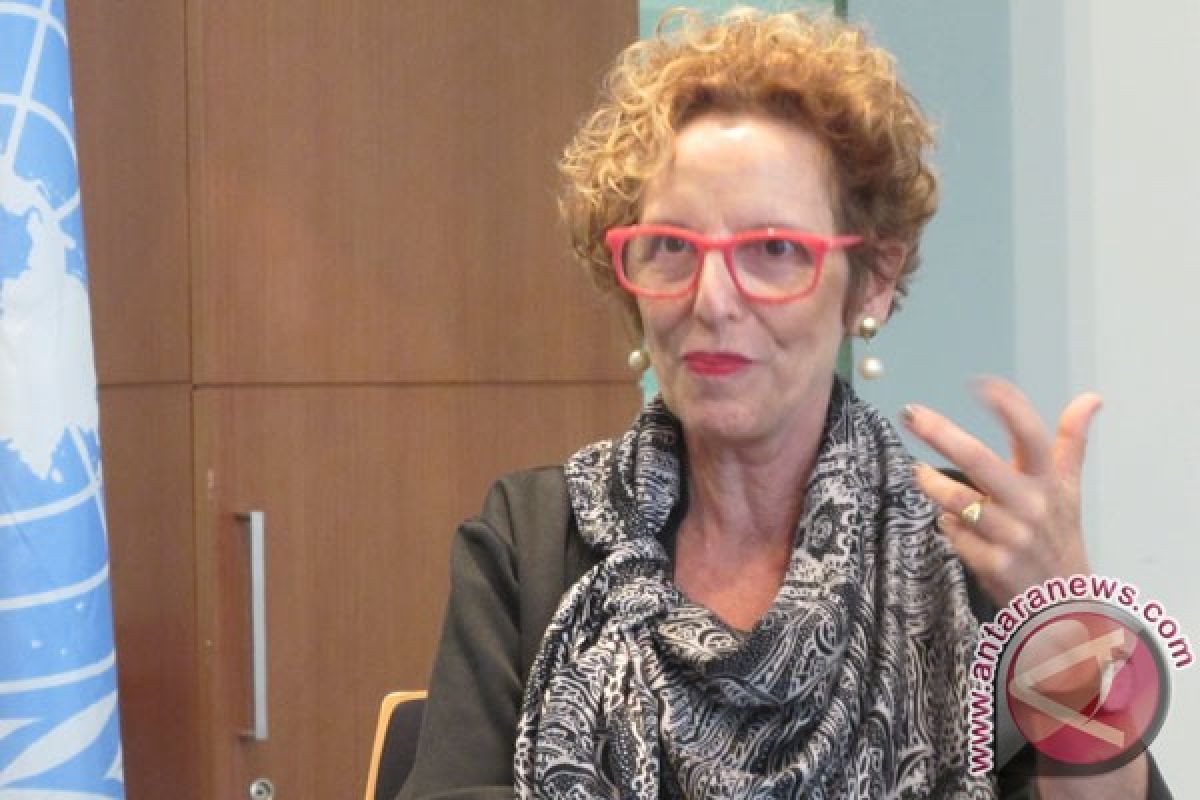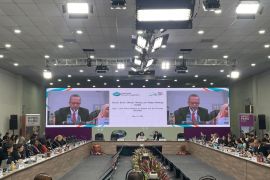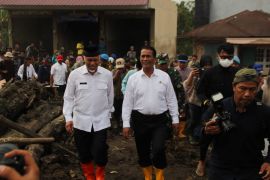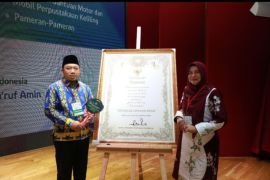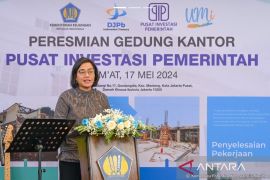"The commercialization urban land is widespread followed by uncontrolled land speculation and land monopolization by private developers which contributes to skyrocketing prices," UN observer Raquel Rolnik said.Jakarta (ANTARA News) - Property development in cities in Indonesia is rising during the past 15 years, yet the price is skyrocketing that lower income households cannot afford it, a UN observer said.
"The commercialization urban land is widespread followed by uncontrolled land speculation and land monopolization by private developers which contributes to skyrocketing prices, particularly in urban centres, reducing land affordability for lower income households," UN special rapporteur on adequate housing as a component of the right to an adequate standard of living Raquel Rolnik said here on Monday.
Rolnik who visited Indonesia from May 30 to June 11 to collect first-hand information on the progressive realization of the right to adequate housing in the country explained that only less than seven percent of the housing produced for the housing market cost less than Rp700 million (US$70,000).
"With around US$4,000-US$6,000 per year as average income per capita of the urban population, the majority of them simply cannot afford to buy a house from the property market," said the independent observer.
However, Rolnik expressed appreciation towards the government`s effort to promote adequate distribution of land to low income groups such as by announcing the "1;2;3 policy" where it is mandatory for each housing development project to maintain a proportion of one high income unit, two middle income units and three low income units.
"Yet from what I`ve heard after discussion with government officials and civil society, this regulation is not yet being implemented by developers and there is no effective monitoring and enforcement to realize this policy. Although I am encouraged to hear that the Ministry of Housing and Jakarta Governor are considering new measures to strengthen the enforcement of this regulation," she added.
Rolnik who will be presenting the results of her visit in Indonesia to UN representatives highlighted the need for the Indonesian government to review the current state land holdings and compare them to the existing and projected needs for land.
"The state should consider allocating land to low income housing as well as recognizing the tenure rights of existing settlements," she said.
Meanwhile, the Real Estate Indonesia (REI) called on the government to simplify land holding certificates required by property developers.
"We demand for simplification of low-cost housing certification because it usually takes a long process before issuance," said the association`s Vice Chairman for Agrarian Affairs FX Teguh Kinarto.
According to Teguh, land holding certificate process would take a maximum of two to three months, but in reality, it takes up to two years.
"The fact is that the process is really time consuming and therefore, there should be a `political will` of the government to solve this problem," he said.
The long certification process would also increase the production cost because the interest rate of housing loan also continued to increase, he said.
"If the certification process is too long it would create additional cost where the realization has not yet been implemented. Developers are not able to give mortgages without any clear foundation," he said.
REI also said that in the near future it will establish a task force to accelerate the certification service.
Teguh also asked for a hearing opportunity to the Head of National Land Agency through the Minister of Industry MS Hidayat.
"We asked for Minister Hidayat`s support as REI Honorary Board Chairman. We are trying to help lower-income people to purchase low-cost housing where small developers are not burdened with `high cost`," he said.(*)
Editor: Heru Purwanto
Copyright © ANTARA 2013
